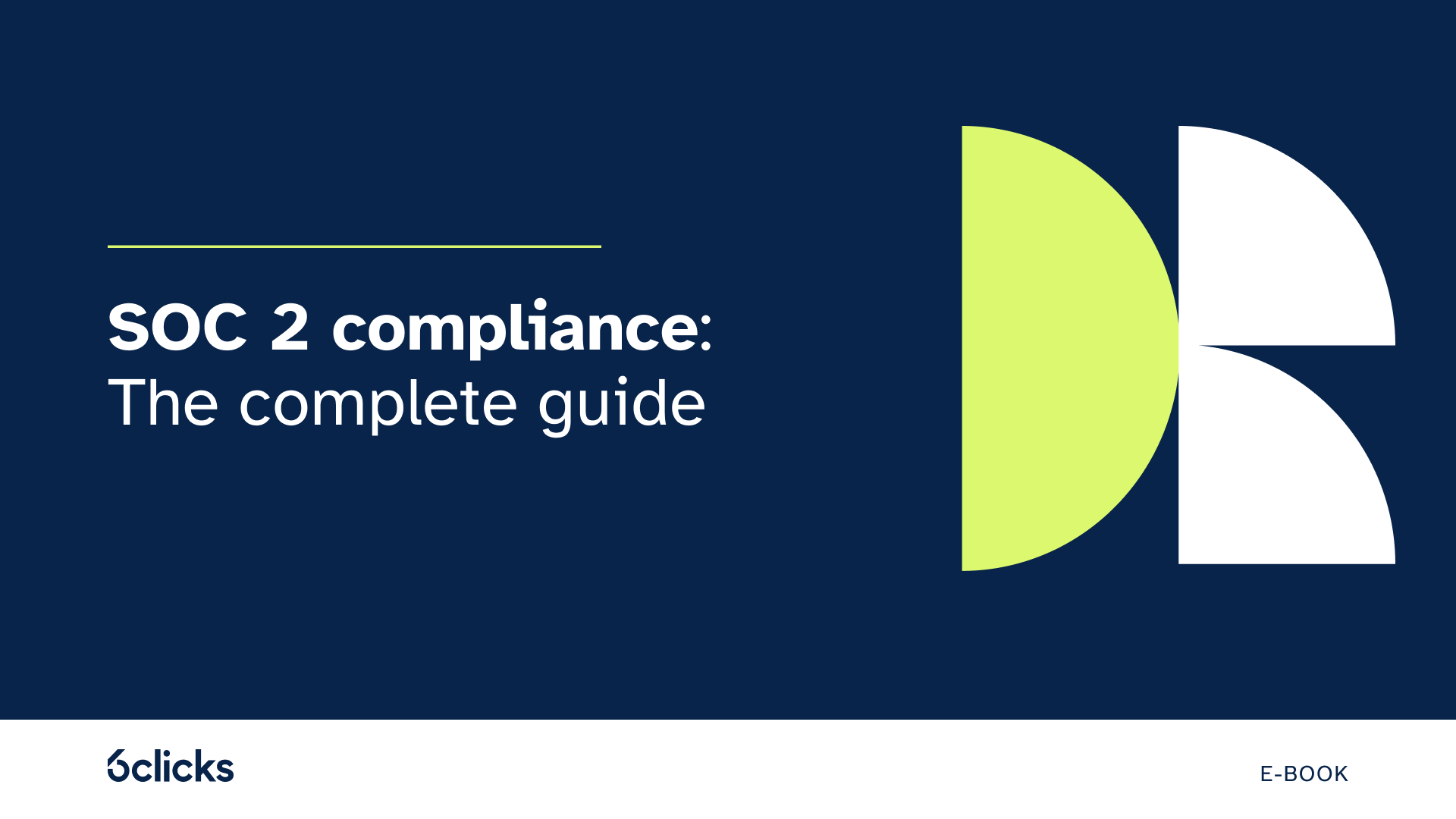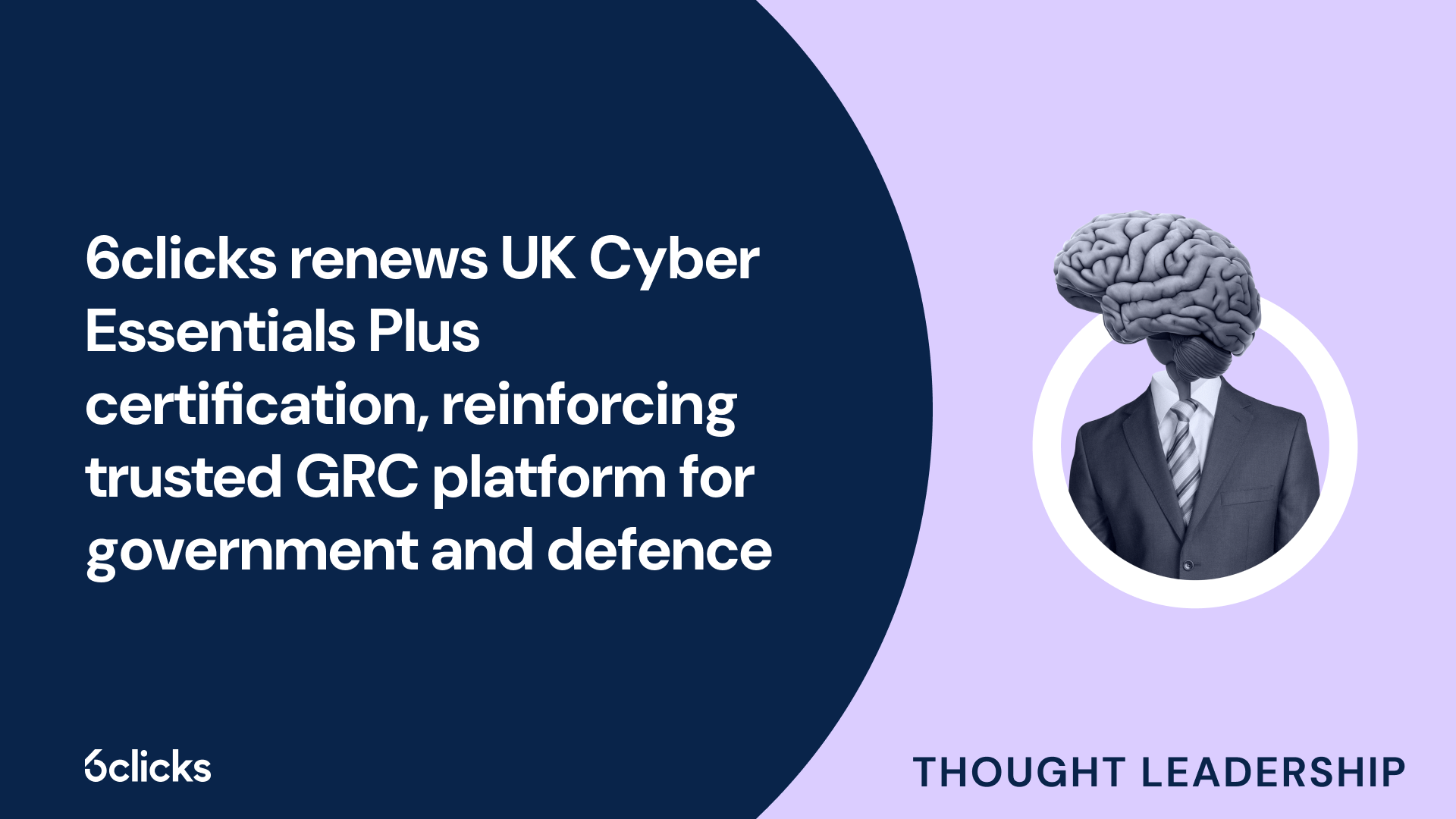Mastering the cybersecurity domain in 2025
Discover how to future-proof your organization’s cybersecurity in 2025. This free guide from 6clicks explores core security domains, regulatory frameworks, and how to integrate GRC for scalable, resilient, and audit-ready programs. Essential reading for CISOs, risk managers, and compliance leaders.
-1.png?width=200&height=249&name=Group%20193%20(1)-1.png)
Mastering the cybersecurity domain in 2025
What are common pitfalls in scaling cybersecurity programs?
TL;DR: Common pitfalls in scaling cybersecurity include lack of alignment with business goals, tool sprawl, reactive compliance, and poor stakeholder engagement—leading to inefficiencies, risk blind spots, and burnout.
In the 6clicks expert guide Mastering the Cybersecurity Domain in 2025, one of the most pressing challenges facing CISOs and security teams is scaling cybersecurity effectively across complex, fast-growing organizations.
While many companies invest heavily in tools and frameworks, they often fall into traps that limit effectiveness, increase costs, and leave critical gaps uncovered.
Most common scaling pitfalls:
-
Siloed implementation
Security initiatives are isolated from business operations, making it harder to get buy-in or align with real risk. -
Tool overload and poor integration
Teams juggle too many disconnected tools, leading to duplicated work, missed alerts, and poor ROI. -
Compliance-first mindset
Organizations treat frameworks like ISO 27001 or SOC 2 as checklists, rather than strategic enablers of resilience. -
Manual processes and spreadsheets
Control tracking, risk assessments, and audits are done manually—creating bottlenecks and errors. -
Undefined maturity models
Without clear benchmarks, it's hard to measure progress, justify investments, or drive accountability. -
Limited stakeholder engagement
Security is seen as “IT’s problem,” rather than a shared responsibility across departments and leadership.
Why avoiding these pitfalls matters
As cyber threats grow more sophisticated and compliance burdens increase, organizations that fail to scale security intelligently risk:
-
Data breaches and financial loss
-
Regulatory non-compliance
-
Inefficient resource use
-
Poor organizational culture around security
Scaling security isn’t just about adding tools—it’s about creating repeatable, measurable, business-aligned systems that evolve with your organization.
Hitting roadblocks in scaling your cybersecurity program?
Book a demo with 6clicks today to see how our platform helps eliminate tool sprawl, streamline compliance, and automate maturity tracking—so your cyber program scales smarter, not harder.










